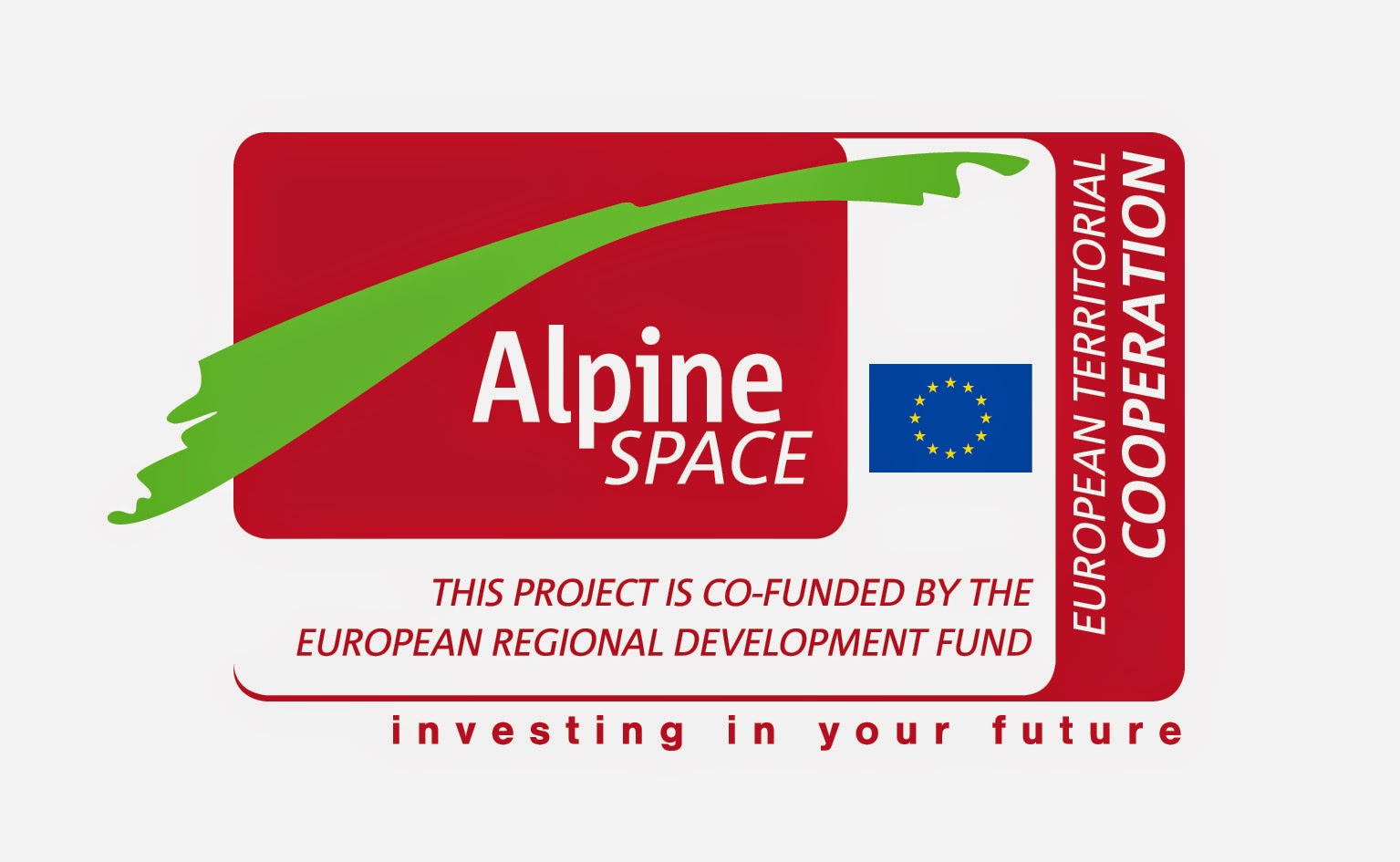The Interfaculty Department of Geoinformatics-Z_GIS was invited to conduct a workshop on 'Integrated Spatial Planning and Water Resources Management' at the University of Nyala (UofN), Sudan from 14th to 27th December, 2014. This was the first ever GIS professional development organised at this university. The workshop was hosted by the Water Harvesting Centre (WHC) at the Faculty of Engineering Sciences.
Dr. Shahnawaz (Z_GIS) and Dr. Wifag Hassan Mahmoud (Director WHC) delivered the 2 week long workshop to 20 participants from the Ministry of Urban Planning and Utilities - Survey Department, Ministry of Water Resources and Electricity, Ministry of Agriculture, World Vision - Sudan and from the Faculties of Education and Engineering Sciences, UofN.
 Workshop participants studied the concepts of GIS, GeoDBMS creation and management, processing - classification - analyses of vector and raster datasets as well as work with digital elevation models (DEM).
Workshop participants studied the concepts of GIS, GeoDBMS creation and management, processing - classification - analyses of vector and raster datasets as well as work with digital elevation models (DEM).
The workshop concluded with a high level of satisfaction expressed by all participants. It was followed by a meeting with top University Administration, with the Acting Vice Chancellor, the Deans of the Faculties of Engineering Sciences and Education as well as the Director of WHC expressed their gratitude to Z_GIS and to Dr Shahnawaz for their contributions and communicated their desire to transform this cooperation into a long term institutional relationship!
Dr. Shahnawaz (Z_GIS) and Dr. Wifag Hassan Mahmoud (Director WHC) delivered the 2 week long workshop to 20 participants from the Ministry of Urban Planning and Utilities - Survey Department, Ministry of Water Resources and Electricity, Ministry of Agriculture, World Vision - Sudan and from the Faculties of Education and Engineering Sciences, UofN.
 Workshop participants studied the concepts of GIS, GeoDBMS creation and management, processing - classification - analyses of vector and raster datasets as well as work with digital elevation models (DEM).
Workshop participants studied the concepts of GIS, GeoDBMS creation and management, processing - classification - analyses of vector and raster datasets as well as work with digital elevation models (DEM).The workshop concluded with a high level of satisfaction expressed by all participants. It was followed by a meeting with top University Administration, with the Acting Vice Chancellor, the Deans of the Faculties of Engineering Sciences and Education as well as the Director of WHC expressed their gratitude to Z_GIS and to Dr Shahnawaz for their contributions and communicated their desire to transform this cooperation into a long term institutional relationship!













